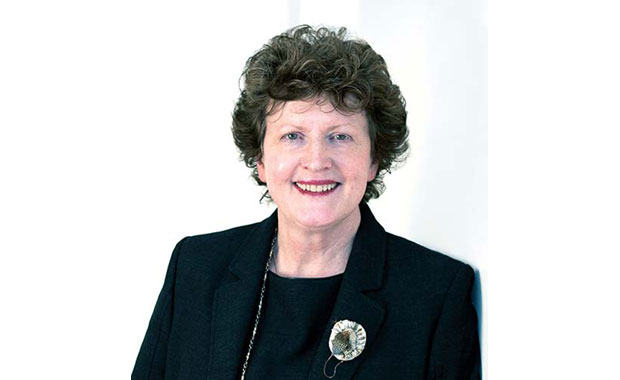Mental Disorders can be ‘Nipped in the Bud’: Intervening early for best results
One in four of us in any community will develop a mental disorder during our lifetime. This is quite a well-known fact. It is not as well-known however that most of the disorders begin early in life. The peak time for their onset is 15-25 years. Yet many of those affected do not recognise it as illness, cannot find help, or are too embarrassed or ashamed to seek help. Sometimes their families encourage them to go for help but often families are equally baffled about what to do for the young person in distress or in trouble.
The movement for early intervention in mental disorders has gathered pace in several countries over the last 25 years. The decision-makers, professionals, and the people with lived experience of mental disorders and their families have recognised the importance of responding to mental disorders in the same way as we do for heart disorders, arthritis and cancer. Early intervention can ‘nip in the bud’ many of the problems in health and life function that develop through worsening and prolongation of the misery of a mental disorder. This is the case whether the person has an episode of depression, anxiety or a psychotic or bipolar disorder.
Early intervention can help the person and his or her family members avoid the social isolation and disruption to education and jobs and family life that accompany the progression of many mental disorders. Most mental disorders can be treated effectively. The struggle is to give people access to treatment and to allow those with this experience the chance to recover in an accepting environment. Just as a person who has broken a leg or has undergone surgery for appendicitis needs help and time to recover, so does a person, young or old, who has had treatment for a mental disorder.











Comments.